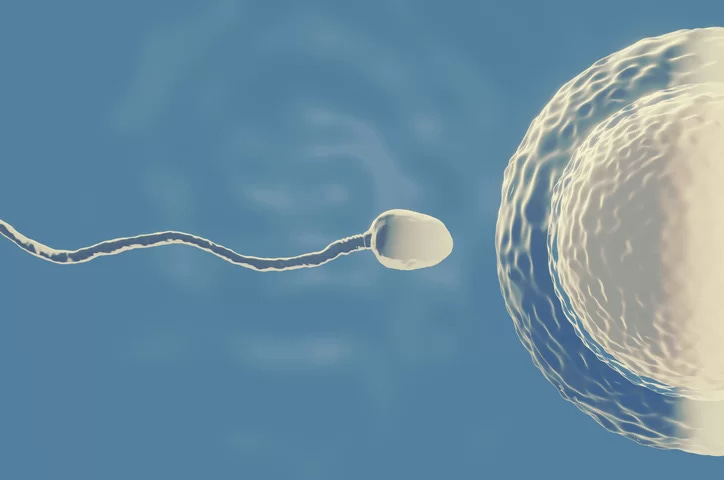Lower Conception Rates Among Women Who Got mRNA COVID Shots - Study Findings
by Amber Baker, all rights belong to The Vaccine Reaction
A recent large-scale population study conducted in the Czech Republic and published this month in the International Journal of Risk & Safety in Medicine has found that women who received a COVID-19 biologic before conception were significantly less likely to achieve a successful pregnancy compared to their unvaccinated peers.
According to the authors of the study,
“the Comirnaty (Pfizer/BioNTech) and Spikevax (Moderna/NIAID) mRNA vaccines comprised 96% of all administered COVID-19 vaccine doses, with an 11:1 ratio in the use of these two vaccines.”
Using nationwide health data from the Czech Republic between 2021 and 2023, the researchers tracked conception rates, defined as pregnancies that resulted in live births, among women aged 18 to 39 who did and did not receive the mRNA biologic prior to conception.1
From mid-2021 onward, monthly conception rates among women who received the mRNA biological were consistently and substantially lower—by as much as 1.5 times—than those of women who did not get the injection, despite women who got the mRNA shots comprising roughly 70% of the reproductive-age population.
Notably, the contribution of the group of women who received the mRNA biological to the nation’s monthly birth totals was far below what would be expected based on their population share.1
Earlier studies that found no impact on fertility primarily focused on women who were actively trying to conceive and often relied on self-reported data, a method that overlooks women not planning pregnancy or those who experienced subtle reproductive disruptions.
In contrast, the Czech study used comprehensive national health data, including official vaccination records and birth statistics for all women aged 18 to 39 across the country.
This allowed researchers to analyze real-world outcomes drawn from national health records, rather than self-reported data.1
As a result, this study offers a more complete and accurate picture of conception trends in the general population, not just among those actively planning pregnancy.
The researchers also addressed the possibility of self-selection bias: the idea that women hoping to become pregnant may have delayed or avoided getting the mRNA COVID shots.
However, if that were the only explanation, the country’s overall fertility rate should have stayed the same.
Instead, the national fertility rate declined steadily, falling from 1.83 births per woman in 2021 to 1.62 in 2022 and 1.45 in 2023.
As the authors explain,
“self-selection bias does not seem to fully explain the observed association between vaccination status and SC [successful conception] rates.”1
Years of Research Have Linked mRNA COVID Shots to Menstrual Irregularities and Lower Birth Rates
Although most regulatory agencies and public health experts have consistently asserted that mRNA COVID shots do not affect fertility, this new data adds weight to a growing body of research exploring the potential links.
A 2023 Global Research Data analysis found that …



